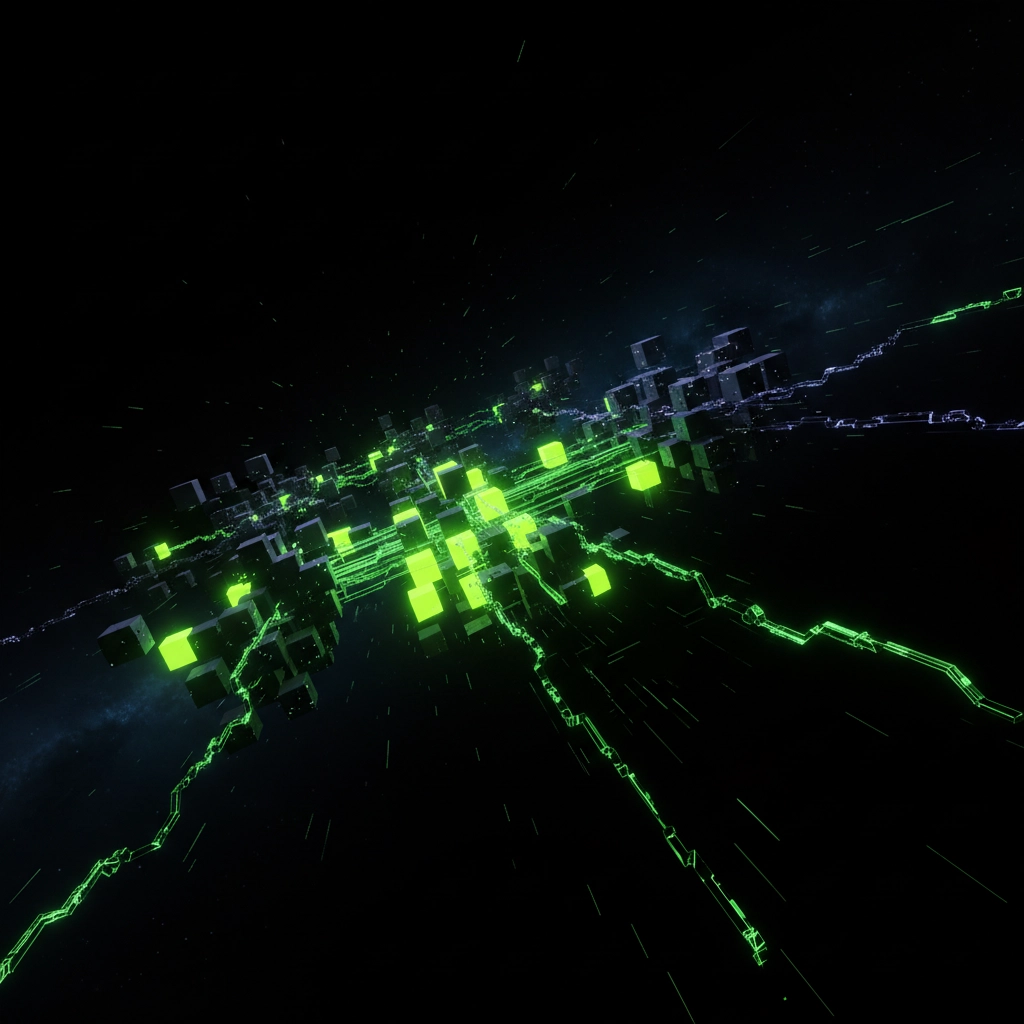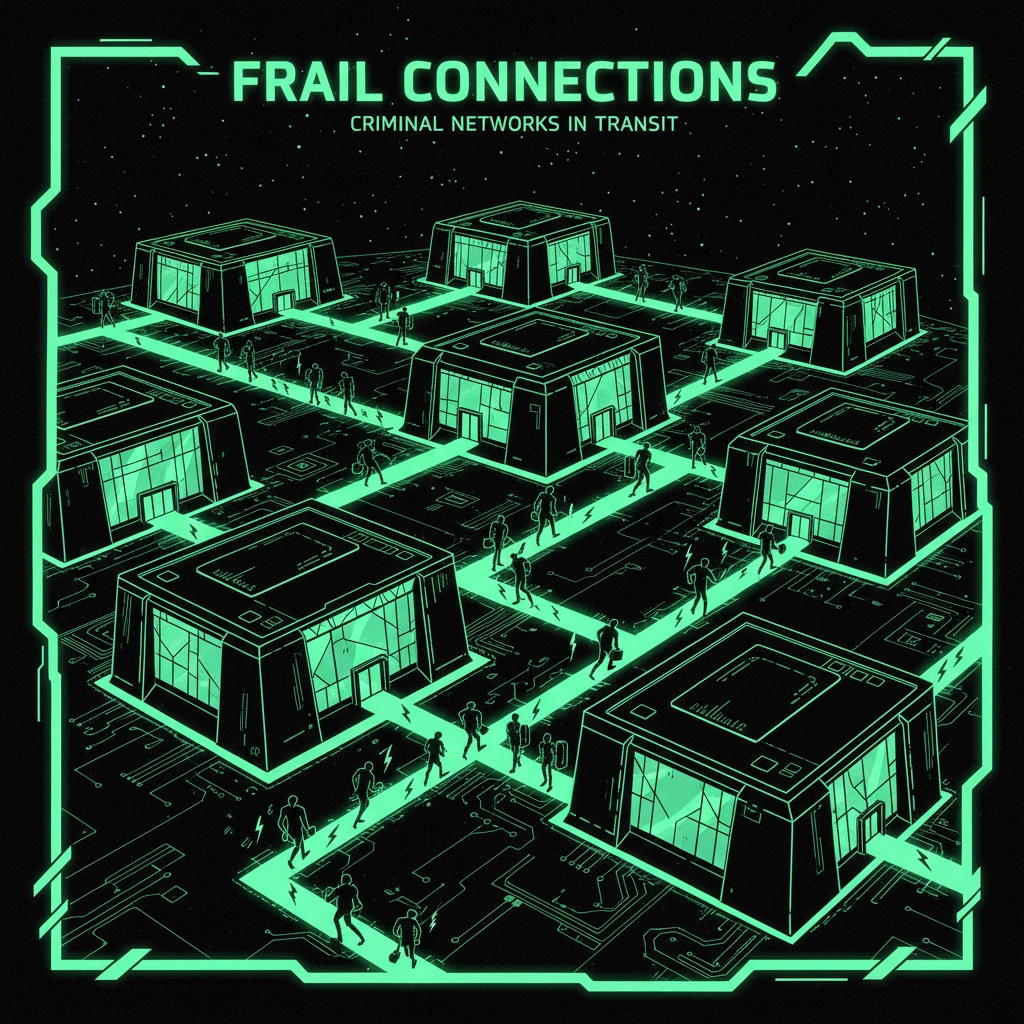The Hobby's Intelligence Gap: Why Poor Security Reporting Puts Everyone at Risk
- Dr. Mardis

- 4 hours ago
- 4 min read
The card collecting community operates like a medieval village. Information travels through whispers. Warnings spread through private messages. Threats lurk in silence.
This creates problems. Big problems.
The Current State of Information Flow
Shop owners text each other. Collectors post in closed Facebook groups. Discord channels buzz with half-stories. Reddit threads disappear.
No central reporting system exists. No standardized alert network operates. No official incident database runs.
The result? Critical security information stays trapped in silos.

How Silence Feeds Crime
Thieves study the hobby. They learn patterns. They exploit gaps.
When incidents go unreported, criminals operate with impunity. They hit Shop A in January. Shop B in March. Shop C in May. Nobody connects the dots.
The same scammer runs the same fake card scheme across three states. Different victims. Same playbook. No warnings circulated.
A theft ring targets card shows using identical methods. Each organizer thinks they experienced an isolated incident.
This happens because information doesn't flow.
The Repeat Offender Problem
Serial scammers love the hobby's poor communication. They execute the same con repeatedly.
Example: The grading service scam. Scammer approaches collector with "rare error" card. Claims major grading service made mistake. Offers to "fix" authentication for fee. Vanishes with card and money.
This exact scam hits dozens of collectors monthly. Each victim thinks they encountered something new. Nobody warns the community.
The Instagram fake account scheme follows similar patterns. Scammer creates profile using stolen photos. Builds fake reputation. Lists high-value cards below market. Collects payment. Disappears.
These operations succeed because victims don't report publicly.
New Shops: Sitting Ducks
Fresh card shop owners enter the market blind. They lack insider knowledge. They miss warning signs.
Established shops know which customers cause problems. They recognize suspicious behavior patterns. They've learned expensive lessons.
New shops start from zero knowledge.

The experienced shop owner spots a credit card fraud attempt immediately. The new owner processes the transaction. Loses merchandise and faces chargeback fees.
Veteran shops identify suspicious grading submissions. Rookie shops get burned by altered cards.
The Convention Circuit Vulnerability
Card shows operate as temporary communities. Dealers travel circuits. Collectors attend events.
Bad actors exploit this mobility. They cause problems at Show A. Move to Show B. Nobody shares information between events.
The pickpocket works three conventions in two weeks. Different states. Different organizers. Same methods. Zero communication between events.
Counterfeit dealers rotate through regional shows. They avoid detection by exploiting poor information sharing.
The High-Value Target Problem
Expensive cards attract sophisticated criminals. These operations require community-wide awareness.
The serial break-in crew studies shop layouts. They identify high-value inventory locations. They strike during optimal windows.
This crew might hit six shops in three months. Each shop owner thinks they experienced random crime. No pattern recognition occurs.
Investment-grade cards need coordinated protection. Individual shops cannot defend against organized threats alone.

The Authentication Fraud Network
Fake grading services exploit poor communication. They create convincing certificates. They target uninformed collectors.
These operations work because warnings don't spread effectively. The same fake PSA certificate fools multiple buyers across different platforms.
Legitimate authentication depends on community knowledge. When information stays trapped, fraud thrives.
The Price Manipulation Scheme
Coordinated manipulation attacks target specific cards. Bad actors flood markets with fake sales data. Prices spike artificially.
Individual collectors cannot detect these patterns. They need community-wide intelligence to identify manipulation.
Without proper reporting systems, these schemes operate undetected for months.
Digital Platform Vulnerabilities
Online marketplaces face unique challenges. Scammers create multiple accounts. They build fake feedback. They exploit platform weaknesses.
Each platform operates independently. No cross-platform intelligence sharing exists. Banned sellers simply move to different sites.
The same scammer might operate simultaneously on eBay, Facebook Marketplace, and specialized card sites. Different usernames. Same criminal behavior.

The Insurance Claims Gap
Card shops face increasing insurance costs. Insurers demand detailed loss data. They want industry-wide statistics.
Poor incident reporting creates information vacuums. Insurers cannot assess risks accurately. They either deny coverage or charge excessive premiums.
Better reporting would help the entire industry negotiate favorable insurance terms.
The Law Enforcement Challenge
Police departments lack hobby-specific knowledge. They treat card crimes as general theft. They miss patterns.
Coordinated reporting could help law enforcement understand criminal networks. It could identify interstate operations. It could prevent future crimes.
Currently, police handle each incident in isolation.
Economic Impact
Poor security reporting costs the hobby millions annually. Theft losses compound. Fraud damages accumulate. Trust erodes.
Shops install expensive security systems independently. They could share threat intelligence instead. They could coordinate defenses.
The entire community pays the price for poor information flow.

The Solution Framework
The hobby needs structured reporting systems. It needs standardized alert networks. It needs coordinated intelligence sharing.
Professional security companies understand these principles. They build systems that protect entire industries.
Building Trust Through Transparency
Better security reporting builds community trust. It demonstrates professionalism. It attracts serious collectors.
The hobby's growth depends on security confidence. Investors need assurance. New collectors need protection.
The Path Forward
Armored Cards understands community security needs. We protect valuable collections. We support industry growth.
Professional protection requires community cooperation. It needs information sharing. It needs coordinated defense.
The hobby's future depends on closing the intelligence gap. It depends on building better systems. It depends on working together.
Contact Armored Cards to discuss community security solutions. Professional protection starts with professional planning.
The intelligence gap puts everyone at risk. Closing it protects everyone's investment.
Comments